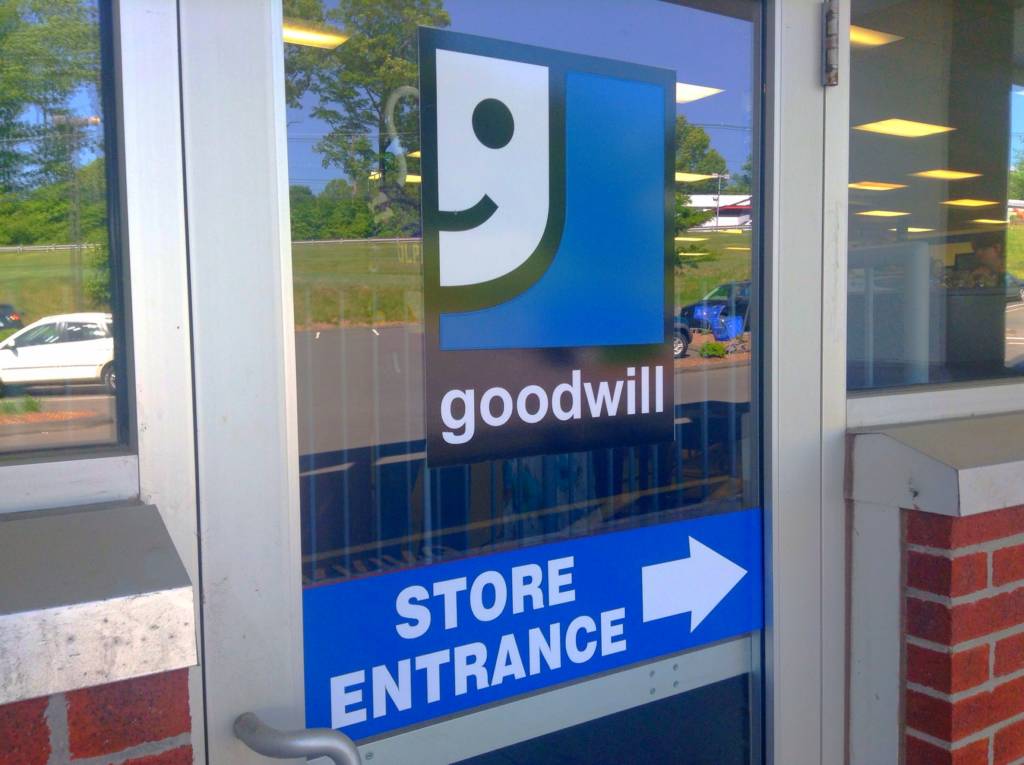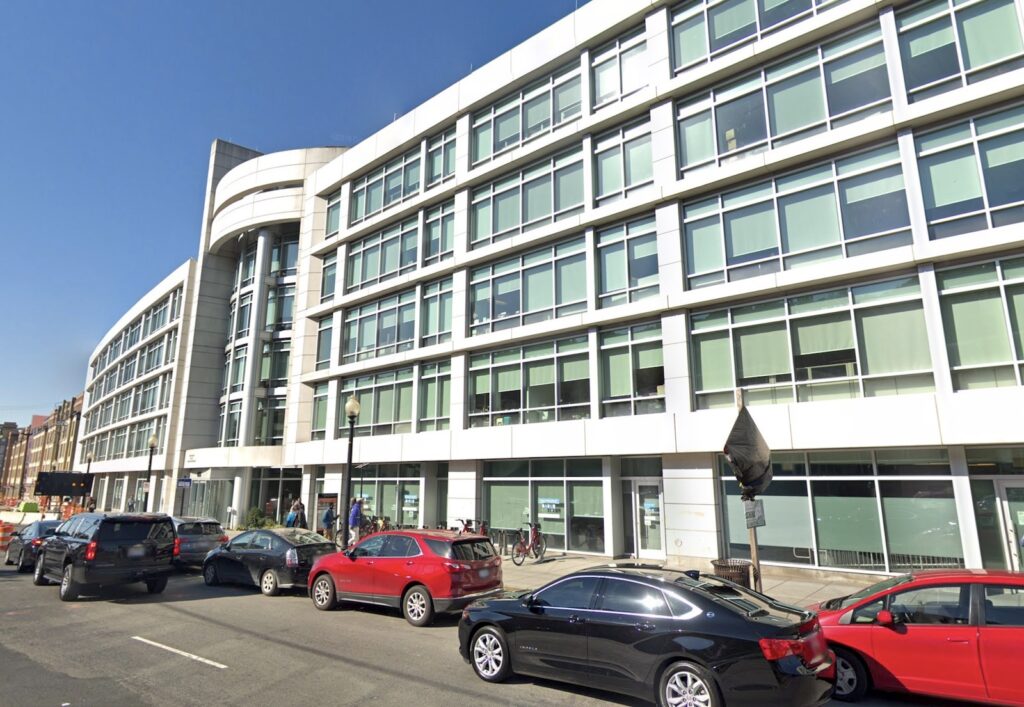Nadine Prince remembers the first time she saw the flyer for Goodwill job training programs during the winter of 2008. It was taped to the back door of the Hannah House, a D.C. transitional facility for homeless women where Prince was living after a stint in prison and an extended stay in a halfway home. After spending the entirety of her adult life as an alcoholic hustling drugs on the street, she was ready for a change.
“I was doing nothing, just killing myself,” she says. “I just got tired of that.”
Through Goodwill, Prince was able find a job and turn her life around.
Most people associate Goodwill with thrift stores and donation drop-off centers. Not as well-known are the organization’s extensive job training programs. Here in the District, the organization provides thousands of disadvantaged job seekers with vocational services and employment counseling every year.
“Goodwill’s mission is to transform lives through the power of education and employment,” says Brendan Hurley, chief marketing officer of Goodwill of Greater Washington. “Our goal is to help people find sustainable employment so they can become self-sufficient.”
To help people achieve the goal of sustainable employment, Goodwill of Greater Washington offers intensive multi-week training courses that provide enrollees with the knowledge and skills to succeed in the workplace. These courses, which combine classroom instruction with skills workshops, typically last between four and 10 weeks and focus on particular career fields. One current course, Security and Protective Services, prepares students for jobs as unarmed security guards. Another, Hospitality, steers students into hotel employment.
The Career Navigation program offers basic instruction for those new to or unfamiliar with the job market. This includes identifying marketable strengths and appropriate employment opportunities, as well as developing soft skills such as resume writing and interviewing.
Program participants can even get a voucher to purchase clothes for an interview.
Prince, who graduated from the Environmental Services janitorial program, says the course provided her with not only indispensable job training, but also an environment of warmth and support that she had never experienced before.
“Everybody was so nice and the people were always laughing,” she remembers. “I had never laughed or smiled before. It was beautiful.”
Hurley says training services are offered to anybody who is eligible, but the disabled and disadvantaged are especially targeted. This population includes people with physical and emotional disabilities, ex-offenders, those trying to get off welfare, and the chronically unemployed.
“There are people that come to us with a myriad of disadvantages,” the executive explained. “Our job is to help them navigate through the workforce development system.”
In addition to preparing its students for careers, Goodwill also plays an active part in attempting to place them in jobs after graduation. After graduating on January 23 of 2009, Prince quickly landed a job at a local military base.
During 2012, Goodwill of Greater Washington placed more than 200 people in new jobs. In that same time span, 588 people graduated from job training programs and more than 2,000 received basic services.
The majority of funding for Goodwill’s employment training comes from revenue generated by its retail stores, a set-up that Hurley says gives the organization unique status.
“We are one of the few non-profits who operate with a very traditional business model,” he explained.
But this is not to say that the organization doesn’t rely on outside funding and private donations. As part of a nation-wide workforce and education funding campaign, the Bank of America Charitable Foundation recently awarded a $25,000 grant to Goodwill of Greater Washington.
“Goodwill is playing a critical role in helping local individuals obtain the education training that they need for 21st Century jobs,” said Jeff Wood, Greater Washington Market President, Bank of America.
Today Prince lives in a tidy two room apartment, the rent for which she proudly states is paid early every month. She has kept steady employment for four years now and is clean from drugs and alcohol.
“I like living here,” she says. “I have peace.”
Where she would be today without Goodwill is fate she would rather not think about.
“I don’t even know [where I would be],” she says, adding that wondering about could-have-beens is not important.
“I know where I’m at now. There’s nothing that bothers me anymore.”








